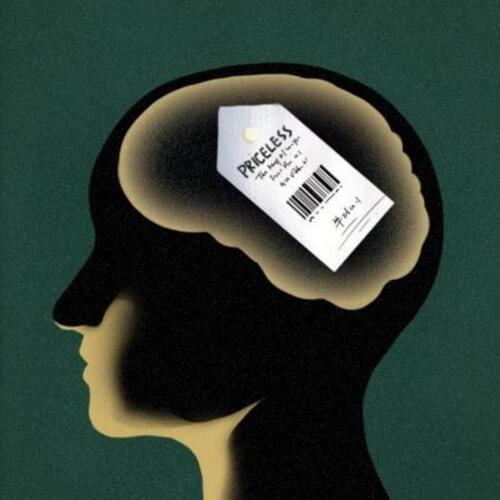
Unlocking the Hidden Logic of Value in 'Priceless' by William Poundstone
Bookey App 30 mins Book Summaries Knowledge Notes and More
Episode · 0 Play
Episode · 5:02 · Sep 9, 2024
About
Chapter 1:Summary of Priceless"Priceless: The Myth of Fair Value (and How to Take Advantage of It)" is a non-fiction book by William Poundstone, which delves into the concept of pricing and the psychology behind how people determine the value of goods and services. The book explores the historical and psychological basis for pricing strategies, focusing on how both consumers and businesses perceive value.Poundstone discusses various experiments and theories from behavioral economics, illustrating how people often make irrational financial choices that do not align with traditional economic models of rational decision-making. Central to the book is the idea that the perceived value can be easily manipulated through marketing techniques, anchoring, the presentation of choices, and other tactics.The book covers case studies and stories, revealing the hidden influences behind seemingly straightforward pricing decisions. It discusses luxury goods, auctions, menu prices, and supermarket pricing, among others, highlighting how businesses use the psychology of pricing to maximize profits."Priceless" is significant for both consumers looking to understand the tricks and manipulations in everyday pricing and for marketers and business professionals aiming to master the art of pricing for competitive advantage.Chapter 2:The Theme of Priceless"Priceless: The Myth of Fair Value (and How to Take Advantage of It)" by William Poundstone explores the concept of value from a psychological perspective, particularly focusing on how people determine the worth of goods and services. The book not only delves into economic theory but also integrates insights from psychology to explain how and why pricing strategies can manipulate consumer perception.Here are some key points regarding plot development, character insights, and thematic ideas drawn from the book:Key Plot Points:1. The Concept of Value: The book opens by challenging traditional notions of value, introducing the reader to behavioral economics and the psychology of decision-making.2. Historical Perspectives: Poundstone discusses the history of economic thought on value, examining figures like Daniel Kahneman and Amos Tversky, who were pivotal in integrating psychological insights into economic theory.3. Experiments and Case Studies: Various experiments and real-world case studies are presented throughout the book to illustrate how people often rely on irrational ways of assessing value.4. Market Implications: The book looks at how businesses and marketers use these cognitive biases to their advantage, strategically setting prices that consumers perceive as fair or beneficial.Character Development:While "Priceless" isn't a narrative with characters in the traditional literary sense, Poundstone introduces a range of real individuals—economists, psychologists, marketers—who have contributed significantly to our understanding of value. Through their stories and work, readers gain a deeper understanding of how human behavior regarding valuation is studied and influenced.Thematic Ideas:1. Subjectivity of Value: One of the central themes is the inherent subjectivity in how individuals assess value, influenced significantly by external cues rather than intrinsic worth.2. Irrationality in Economics: The book critically examines the assumption in classical economics that humans are rational actors, showing through various examples how people often make irrational value assessments.3. Influence of Anchoring: The concept of "anchoring," where initial exposure to a number shapes expectations and perceptions of price, is a recurring theme, showing how it can be manipulated in marketing and negotiations.4. The Power of Free: Poundstone also discusses the disproportionate value people place on items and services labeled as "free,"...
5m 2s · Sep 9, 2024
© 2024 Captivate Audio Ltd. (OG)